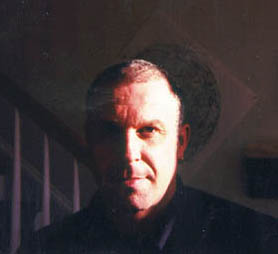
01 June 2010
by Justice Putnam
Black Kos Tuesday's Chile, Poetry Editor
In the middle of August 1936, soldiers loyal to Franco arrested Federico García Lorca. Considered by many to be the premier poet of the early 20th century, Lorca wrote the following poem in 1929 while a student at Columbia University. It was published posthumously. The Gacela (gazelle) of the poem is a symbol for a young black man who was lynched in the state of South Carolina early in 1929; though it might have been a prescience of Lorca's own death. A few days after his arrest, he was executed and his books burned in Granada's Plaza del Carmen. To this day, even after 35 years since Franco's death, the grave of Federico García Lorca remains a mystery.
Gacela of the Dark Death
(translated by Robert Bly)
I want to sleep the sleep of the apples,
I want to get far away from the busyness of the cemeteries.
I want to sleep the sleep of that child
who longed to cut his heart open far out at sea.
I don't want them to tell me again how the corpse keeps all its blood,
how the decaying mouth goes on begging for water.
I'd rather not hear about the torture sessions the grass arranges for
nor about how the moon does all its work before dawn
with its snakelike nose.
I want to sleep for half a second,
a second, a minute, a century,
but I want everyone to know that I am still alive,
that I have a golden manger inside my lips,
that I am the little friend of the west wind,
that I am the elephantine shadow of my own tears.
When it's dawn just throw some sort of cloth over me
because I know dawn will toss fistfuls of ants at me,
and pour a little hard water over my shoes
so that the scorpion claws of the dawn will slip off.
Because I want to sleep the sleep of the apples,
and learn a mournful song that will clean all earth away from me,
because I want to live with that shadowy child
who longed to cut his heart open far out at sea.
-- Federico García Lorca

No comments:
Post a Comment